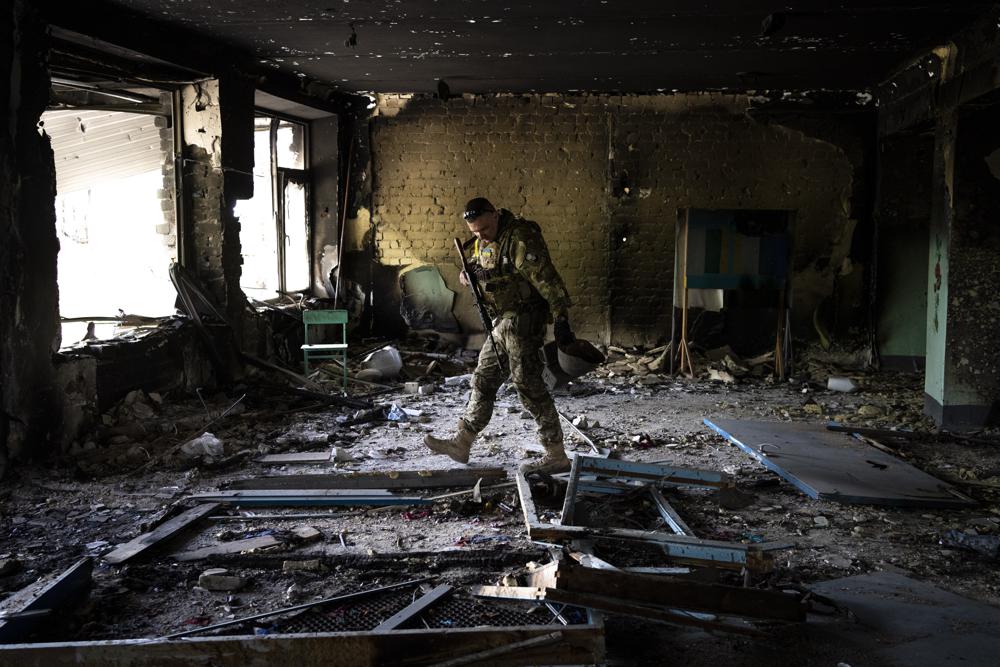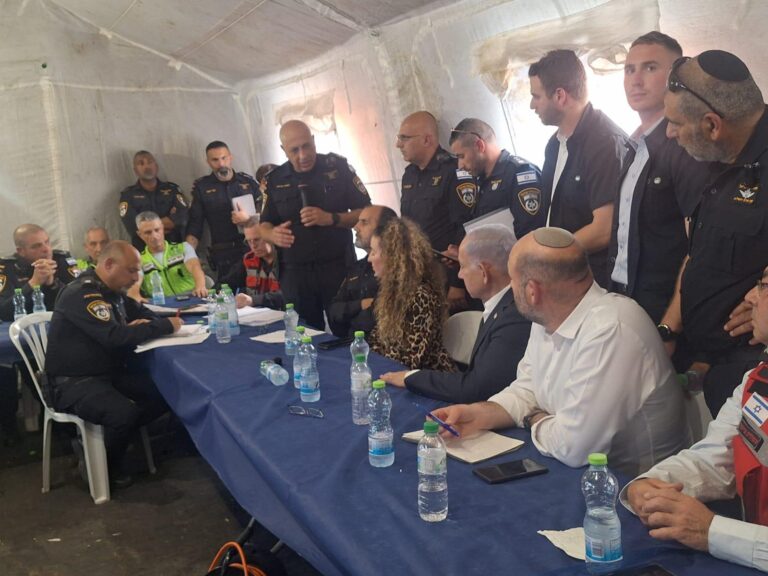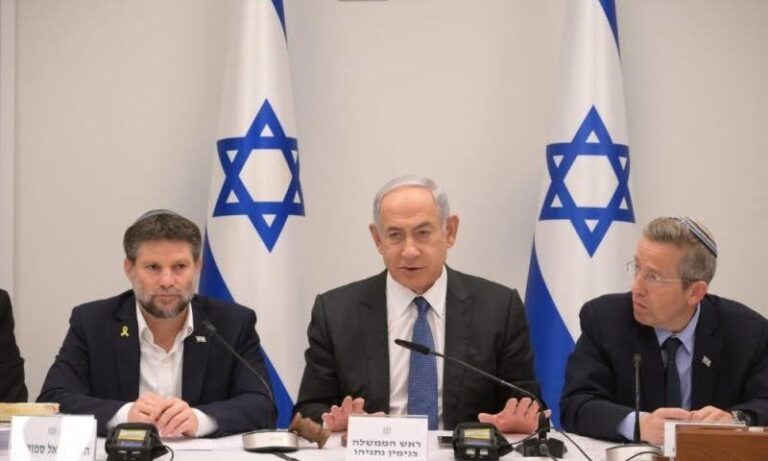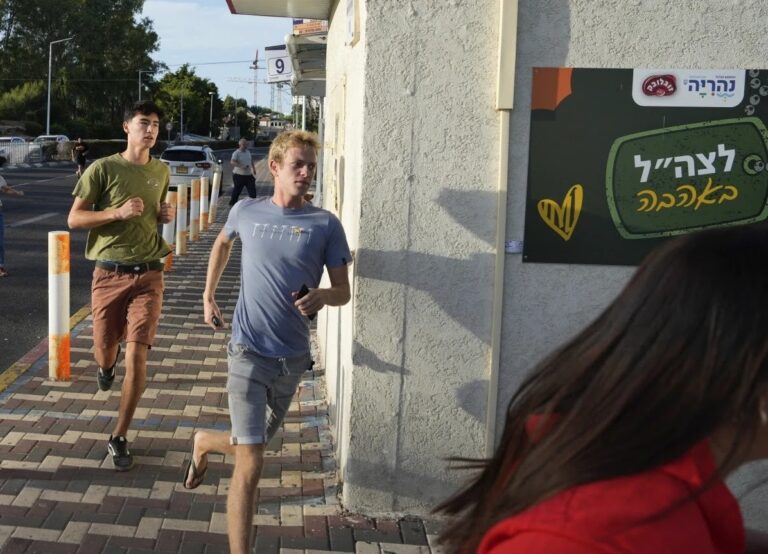Russia claimed to have captured Mariupol on Friday in what would be its biggest victory yet in its war with Ukraine, after a nearly three-month siege that reduced much of the strategic port city to a smoking ruin, with over 20,000 civilians feared dead.
There was no immediate confirmation from Ukraine.
Russian Defense Minister Sergei Shoigu reported to President Vladimir Putin the “complete liberation” of the Azovstal steelworks in Mariupol — the last stronghold of Ukrainian resistance — and the city as a whole, spokesman Igor Konashenkov said.
Russia’s state news agency RIA Novosti quoted the ministry as saying a total of 2,439 Ukrainian fighters who had been holed up at the steelworks had surrendered since Monday, including over 500 on Friday.
The steel mill had been the site of fierce fighting for weeks. The dwindling group of outgunned fighters had held out in the plant, drawing Russian airstrikes, artillery and tank fire, before their government ordered them to abandon its defense and save their lives.
The complete takeover of Mariupol gives Putin a badly needed military victory in the war he began on Feb. 24 — a conflict that was supposed to have been a lighting victory for the Kremlin but instead has seen the failure to take the capital of Kyiv, a pullback of forces to refocus on eastern Ukraine, and the sinking of the flagship of Russia’s Black Sea fleet.
Still, military analysts said the city’s capture at this point holds more symbolic importance than anything else, since Mariupol was already effectively under Moscow’s control and most of the Russian forces that were tied down by the drawn-out fighting there have already left.
In other developments Friday, the West moved to pour billions more in aid into Ukraine and fighting raged in the the Donbas, the industrial heartland in eastern Ukraine that Putin is bent on capturing.
Russian forces shelled a vital highway and kept up attacks on a key city in the Luhansk region, hitting a school among other sites, Ukrainian authorities said. Luhansk is part of the Donbas.
The Kremlin had sought control of Mariupol to complete a land corridor between Russia and the Crimean Peninsula, which it seized from Ukraine in 2014, and free up troops to join the larger battle for control of the Donbas. The city’s loss also deprives Ukraine of a vital seaport.
The city endured some of the worst suffering of the war and became a worldwide symbol of defiance. An estimated 100,000 people remained from a prewar population of 450,000, many trapped without food, water, heat or electricity. Relentless bombardment left behind rows and rows of shattered or hollowed-out buildings.
A maternity hospital was hit with a lethal Russian airstrike on March 9, producing searing images of pregnant women being evacuated from the place.
A week later, about 300 people were reported killed in a bombing of a theater where civilians were taking shelter, although the real death toll could be closer to 600. Officials had written the word “CHILDREN” in Russian on the pavement outside to try to forestall an aerial attack.
Satellite images in April showed what appeared to be mass graves just outside Mariupol, where local officials accused Russia of concealing the slaughter by burying up to 9,000 civilians. The imagery showed rows of graves stretching away from an existing cemetery.
Mariupol Mayor Vadym Boychenko accused the Russians of “hiding their military crimes” in the mass graves and labeled it “the new Babi Yar” — recalling the ravine in Kyiv where the Nazis massacred nearly 34,000 Ukrainian Jews during World War II.
Ukrainian President Volodymyr Zelenskyy said on Monday that the evacuation of his forces from the bunkers and tunnels beneath Azovstal was done to save the lives of the fighters.
“Ukraine needs Ukrainian heroes to be alive. It’s our principle,” Zelenskyy said.
The Azovstal complex covers 11 square kilometers (4 square miles) and is threaded with about 24 kilometers (15 miles) of tunnels and bunkers. Earlier in May, hundreds of civilians were evacuated from the plant during humanitarian cease-fires.
One civilian evacuee from Azovstal, who made it to the Ukrainian controlled city of Zaporizhzhia on May 3, said she went to sleep at the plant every night afraid she wouldn’t wake up.
“You can’t imagine how scary it is when you sit in the bomb shelter, in a damp and wet basement, and it is bouncing and shaking,” said Elina Tsybulchenko, 54.
As the end drew near at Azovstal, wives of fighters who held out at the steelworks spoke emotionally about what may have been their last contact with their husbands.
Olga Boiko, wife of a marine, wiped away tears as she said that her husband had written her on Thursday: “Hello. We surrender, I don’t know when I will get in touch with you and if I will at all. Love you. Kiss you. Bye.”
Natalia Zaritskaya, wife of another fighter at Azovstal, said that based on the messages she had seen over the past two days, “Now they are on the path from hell to hell. Every inch of this path is deadly.”
She said that two days ago, her husband reported that of the 32 soldiers with whom he had served, only eight survived, most of them seriously wounded.
While Russia described the troops leaving the steel plant as a mass surrender, the Ukrainians called it a mission fulfilled. They said the fighters tied down Moscow’s forces and hindered their bid to seize the east.
Mykhailo Podolyak, an adviser to Zelenskyy, described the defense of Mariupol as “the Thermopylae of the 21st century” — a reference to one of history’s most glorious defeats, in which 300 Spartans held off a much larger Persian force in 480 B.C. before finally succumbing.
In other developments Friday:
— The Group of Seven major economies and global financial institutions agreed to provide more money to bolster Ukraine’s finances, bringing the total to $19.8 billion. In the U.S., President Joe Biden was expected to sign a $40 billion package of military and economic aid to Ukraine and its allies.
— Russia will cut off natural gas to Finland on Saturday, the Finnish state energy company said, just days after Finland applied to join NATO. Finland had refused Moscow’s demand that it pay for gas in rubles. The cutoff is not expected to have any major immediate effect. Natural gas accounted for just 6% of Finland’s total energy consumption in 2020, Finnish broadcaster YLE said.
— A captured Russian soldier accused of killing a civilian awaited his fate in Ukraine’s first war crimes trial. Sgt. Vadim Shishimarin, 21, could get life in prison.
— Russian lawmakers proposed a bill to lift the age limit of 40 for Russians volunteering for military service. Currently, all Russian men 18 to 27 must undergo a year of service, though many get college deferments and other exemptions.
Heavy fighting was reported Friday in the Donbas, a mostly Russian-speaking expanse of coal mines and factories.
“The liberation of the Luhansk People’s Republic is nearing completion,” Russian Defense Minister Sergei Shoigu declared, referring to the breakaway state proclaimed by pro-Moscow separatists in 2014 and recognized by the Kremlin.
Serhiy Haidai, the governor of Luhansk, said Russian forces were especially focused on the Lysychansk-Bakhmut highway, the only road for evacuating people and delivering humanitarian supplies.
“The road is extremely important because it’s the only connection to other regions of the country,” he said via email. “The Russians are trying to cut us off from it, to encircle the Luhansk region.”
Russian forces shelled the road constantly from multiple directions, but Ukrainian armored transports were still able to get through, Haidai added.
Moscow’s troops have been trying for weeks to seize Severodonetsk, a key city in the Donbas. One of Friday’s attacks was on a school in Severodonetsk that was sheltering more than 200 people, many of them children, Haidai said. Three adults were killed, he said on Telegram.
Twelve people were killed in Severodonetsk, Haidai said. It was not immediately clear if that included the three at the school. In addition, more than 60 houses were destroyed across the region, he added.
Russian forces now control 90 percent of Luhansk, but the attack on Severodonetsk failed — “the Russians suffered personnel losses and retreated,” Haidai said. His account could not be independently verified.
Another city, Rubizhne, has been “completely destroyed,” Haidai said. “Its fate can be compared to that of Mariupol.”
(AP)











